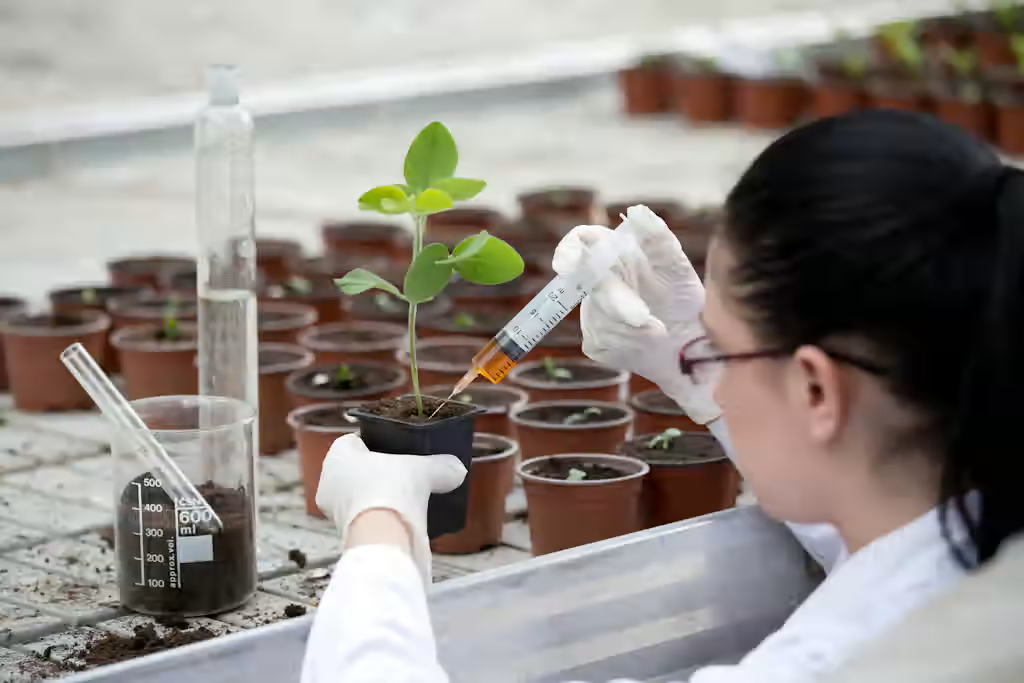Discover the world beneath our feet and unlock its mysteries as a Soil Scientist. Here’s your comprehensive guide to embarking on this fascinating career journey.
Soil Scientist Career Guide: Nurturing Earth’s Foundation
As a Soil Scientist, your primary responsibilities include:
- Analyzing soil samples to assess quality, structure, and composition.
- Conducting research on crop breeding, physiology, and management.
- Classifying and mapping soils to understand their properties.
- Developing methods for pest control and environmentally sustainable crop production.
- Providing recommendations to farmers and landowners based on soil analysis.
Qualifications
To pursue a career as a Soil Scientist, you’ll need:
- A Bachelor’s degree in Environmental Science, Engineering, or related fields.
- Preferably, 3-5 years of experience in the field.
Competencies
Develop the following skills and attributes to excel as a Soil Scientist:
- Communication Skills: Effective written and oral communication abilities.
- Computer Literacy: Proficiency in using statistical analysis tools and software.
- Analytical Skills: Ability to analyze complex data and draw meaningful conclusions.
- Project Management: Skills to plan and execute research projects effectively.
- Physical Fitness: Good physical health for fieldwork and sample collection.
- Community Engagement: Ability to interact with local communities for research purposes.
Investment in Education and Training
- Tuition Fees: Private colleges charge between ₱36,000-₱70,000 per semester, while State Universities and Colleges (SUCs) offer tuition-free or low-cost programs.
Employment Prospects
- Monthly Salary Range: Soil Scientists typically earn between ₱27,000 – ₱47,000.
- Industries: Opportunities abound in the agribusiness sector.
Prospects for Career Advancement
- Diverse Specializations: Soil Scientists can specialize in areas like agronomy, crop nutrition, or horticulture.
- Career Progression: Advance to roles such as Agricultural Scientist, Agronomist, or Soil Fertility Extension Specialist with experience and additional training.
As a Soil Scientist, you have the unique opportunity to contribute to agricultural innovation and environmental sustainability. With the right qualifications, skills, and passion for the earth sciences, you can embark on a fulfilling career dedicated to nurturing and protecting our planet’s most vital resource: soil.











